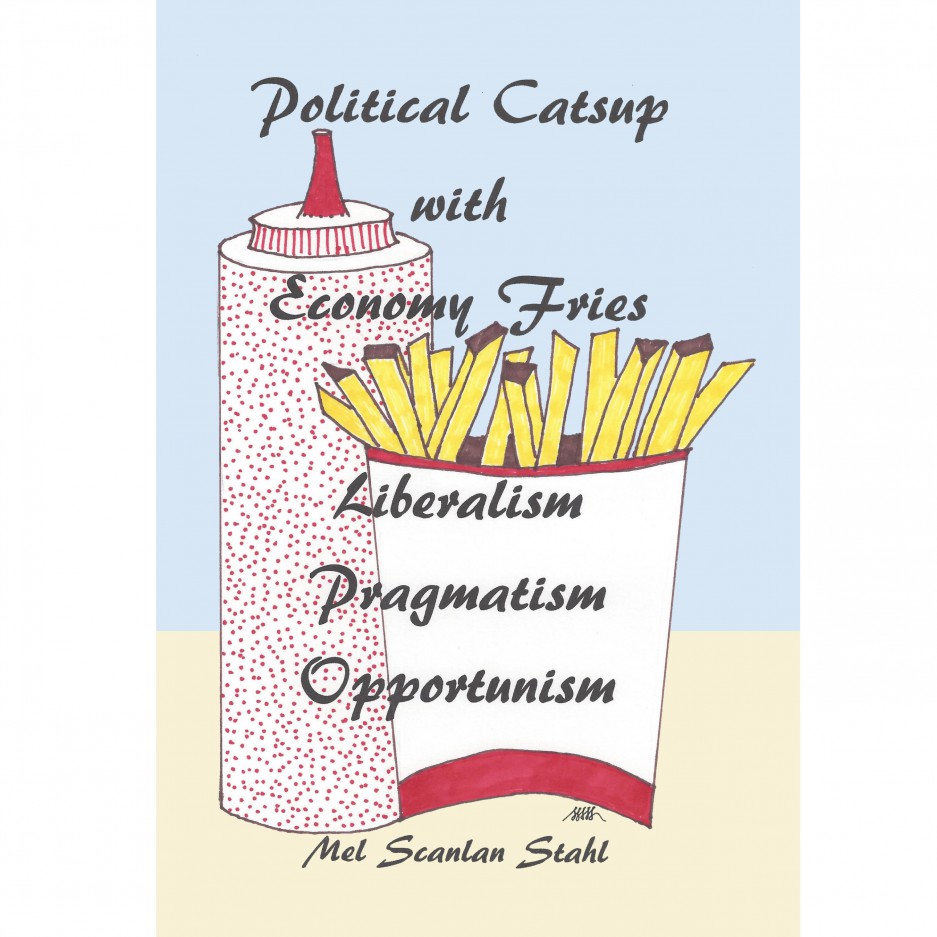Many workers have worked at a company that has been bought out. What are buyouts, do they tend to be profitable and why do they continue?
Buyouts can be classified legally as mergers and acquisitions. Mergers, according to Wikipedia, are “a legal consolidation of two entities into one entity”. Acquisitions, according to Wikipedia occur when “one entity takes ownership of another entity’s stock, equity interests or assets”. (1) We all know about mergers and acquisitions. They are buyouts that can cause people to lose their job.
According to Wikipedia, there have been seven waves of mergers in the U.S. since 1893. The Fourth wave happened between 1974-1989 and involved “Co-generic mergers, Hostile takeovers and Corporate Raiding”. The Fifth wave happened from 1993-2000 and it involved “Cross-border mergers, and mega-mergers.” The Sixth wave happened from 2003-2008 and it involved “Globalization, Shareholder Activism, Private Equity and LBO’s (leveraged buyouts)”. The Seventh wave since 2014 involved “generic/balanced buyouts, horizontal mergers of Western companies acquiring emerging market resource producers.” Mergers and acquisitions continue across the American business landscape. They can cause enterprise liquidation. According to the U.S. Chamber of Commerce speech, “2018 State of American Business Address,” there are now half as many public companies as there were in 1996. (4)
Many of these buyouts used borrowed money. American tax law taxes profits more than debt and this tax policy encourages indebtedness and buyouts that use borrowed money. Also companies can buy out a company with debts and use those debts to cancel out taxable profits. And firm to firm transfers of goods under the same corporate umbrella aren’t taxed so that’s another potential tax savings. Current American tax policies support mergers and acquisitions. In fact tax policy may deserve the lion’s share of credit for why mergers and acquisitions happen at all.
According to Richard E. Caves, “Effects of Mergers and Acquisitions on the Economy: An Industrial Organization Perspective,” there’s little evidence that buyers earn much when they buy out another company. Often they lose money. (3) And the company being bought will sometimes experience a transient gain in stock value but it tends to be short-lived. Synergy is a term that describes what everyone hopes for in a merger. It is the hope that there will be a beneficial effect so that combining two companies will create a greater level of efficiency. But synergy is hard to actually achieve in a buyout. (3)
Years ago American jobs lasted longer than they do now. People could work at the same job for decades just a few generations ago. That isn’t true for most workers today. The Bureau of Labor Statistics (BLS) compiled some job tenure numbers using the Current Population Survey. These are short tenures. According to the BLS, in 2016, workers in management occupations had a median tenure of 6.3 years, architecture and engineering had a tenure of 5.5 years and legal occupations a tenure of 5.5 years. Service occupations only lasted a median of 2.9 years. Workers in the public sector “had more than double the median tenure of private sector employees”. (2) This may be true because public sector jobs aren’t as vulnerable to the effects of M&As as are private sector jobs. And workers don’t have any confidence that they can maintain their previous salary after a buyout. They sometimes have to start over with a smaller salary.
Another way that M&As may affect us all is by devaluing education. University enrolments have been falling for many years now and the trouble started after the Great Recession. After the Great Recession, there was an enormous inflation in tuition. With that cost inflation, the price of a degree today may not seem worth it for a brief job opportunity. Think of the difficulty of acquiring expertise in almost any profession only to discover that job tenure is shorter than the training period. This may be why private firms are now having more difficulty finding qualified candidates. Can the skills gap in the United States be due to mergers and acquisitions that lead to overall shorter job tenures? Could shorter spans of employment lead to less expertise? According to the article by Richard E. Caves, “technical efficiency decreases significantly as the extent of corporate diversification increases.” (3) And with prices for cars and houses so high, the American worker is also less mobile than in the past. It just isn’t worth relocating for a five-year employment opportunity.
When you look at mergers and acquisitions, they are mostly about moving large sums of money around. Globalization, financialization and neoliberalism are all about mobile capital. But what about the health and welfare of American families? Poverty has increased since the Subprime Mortgage Crisis and M&As have continued on apace. M&As harm job security, may devalue education and undermine skilled employment in America. In order to restore and protect American job security, it seems obvious that tax policy should no longer encourage debt and M&As. Buy a copy of Political Catsup with Economy Fries at Amazon.com to learn more about financialization, globalization, and American political ideologies.
(1) “Mergers and Acquistions,” Wikipedia, https://en.wikipedia.org/ wiki/Mergers_and_acquisitions, accessed 07 Mar 2018.
(2) “Economic News Release, Employee Tenure Summary,” https://www.bls.gov/news.release/tenure.nr0.htm, accessed 14 Mar 2018.
(3) Richard E. Caves, “Effects of Mergers and Acquistions on the Economy: An Industrial Organization Perspective,” https://www.bostonfed.org/-/media/Documents-03-07-18/converence/31/conf31f.pdf, accessed 07 Mar 2018; In the Merger Boom, Ed by Lynne Browne and Eric Rosengreen, 1987.
(4) “2018 State of American Business Address”, http://www.uschamber.com/speech/2018-state-american-business-address, accessed 22 Feb 2018.
